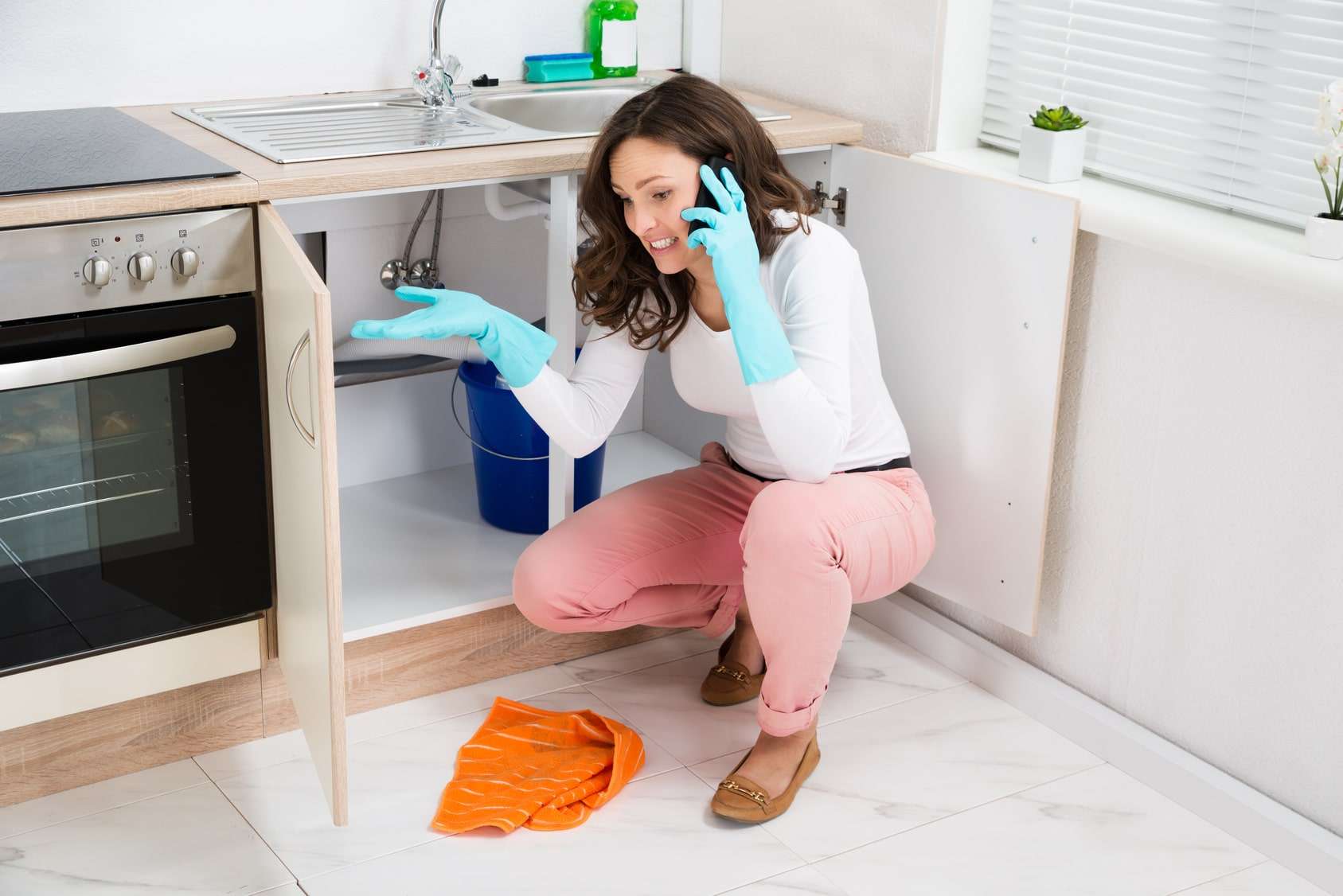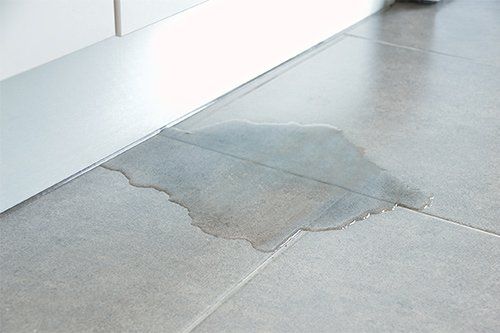Primary Six Reasons Why Water Leaks Occur in Homes: Essential Insights
Primary Six Reasons Why Water Leaks Occur in Homes: Essential Insights
Blog Article
Have you been on the lookout for know-how about Most Common Causes of Leaky Pipes?

Leakages not only cause waste of water but can also trigger unnecessary damage to your home and also advertise unwanted organic growth. Sadly, water leaks might go undetected considering that the majority of the pipework in our house is hidden. By looking as well as understanding for day-to-day circumstances that cause leakages, you can safeguard your house from future leakages as well as unnecessary damages. Today, we will consider six leakage causes that might be triggering your pipelines to leak.
Intruding roots
A lot of water leaks start outside your house instead of inside it. If you notice an unexpected decline in water stress, state in your tap, take some time to go out as well as analyze your lawn. You might see wet spots or sinkholes in your yard, which might indicate that tree origins are invading water lines triggering water to leak out. You can have your plumber look for invasion, specifically if you have trees or shrubs near your building.
Rusty water supply
As time passes by, your plumbing system ages as well as deterioration such as rust may start gnawing the pipelines. This might be the root cause of staining or bending on your water pipes. This calls for an inspection with your plumber promptly. If our plumbing system is old, consider replacing the pipes considering that they go to a greater danger of deterioration than the more recent models.
Defective Pipe Joints
Pipeline joints can weaken over time, resulting in water leaks. If you have loud pipelines that make ticking or banging noises, especially when the hot water is transformed on, your pipe joints are possibly under a whole lot of stress.
Instantaneous temperature level modifications.
Severe temperature changes in our pipes can cause them to expand and also get suddenly. This growth and tightening might trigger cracks in the pipelines, specifically if the temperature are below freezing. It would be best if you watched on just how your plumbing works. The visibility of the formerly discussed situations regularly shows a high danger.
Poor Water Connectors
At times, a leak can be created by loosened pipes and pipes that provide your appliances. In case of a water links leakage, you may observe water running directly from the supply line or puddles around your devices.
Obstructed Drains
Blocked drains pipes could be bothersome and also inconveniencing, but they can often wind up triggering an overflow leading to rupture pipelines. Maintain removing any type of products that might go down your drains that can clog them to avoid such troubles.
All the above are causes of leakages but not all water leaks arise from plumbing leakages; some leakages might come from roofing leakages. All leakages should be repaired right away to stay clear of water damages.
Leaks not only create waste of water but can likewise trigger unnecessary damage to your house as well as advertise undesirable natural development. By understanding and looking for everyday situations that create leakages, you can protect your home from future leaks and unneeded damages. Today, we will certainly look at six leak triggers that may be causing your pipes to drip.
At times, a leak can be caused by loosened pipes as well as pipelines that supply your home appliances. In case of a water connections leak, you might observe water running straight from the supply line or puddles around your home appliances.
How To Check For Water Leak In Your Home
How To Check for Leaks
The average household's leaks can account for nearly 10,000 gallons of water wasted every year and ten percent of homes have leaks that waste 90 gallons or more per day. Common types of leaks found in the home are worn toilet flappers, dripping faucets, and other leaking valves. These types of leaks are often easy to fix, requiring only a few tools and hardware that can pay for themselves in water savings. Fixing easily corrected household water leaks can save homeowners about 10 percent on their water bills.
To check for leaks in your home, you first need to determine whether you're wasting water and then identify the source of the leak. Here are some tips for finding leaks:
Take a look at your water usage during a colder month, such as January or February. If a family of four exceeds 12,000 gallons per month, there are serious leaks.
Check your water meter before and after a two-hour period when no water is being used. If the meter changes at all, you probably have a leak.
Identify toilet leaks by placing a drop of food coloring in the toilet tank. If any color shows up in the bowl after 10 minutes, you have a leak. (Be sure to flush immediately after the experiment to avoid staining the tank.)
Examine faucet gaskets and pipe fittings for any water on the outside of the pipe to check for surface leaks.
Undetected water leaks can happen without the home or business owner even realizing. If you suspect a water leak, but not able to find the source. It is time to contact a professional water leak detection service, The Leak Doctor.
How To Find a Water Leak In Your Home
https://www.leakdoctor.com/blog/How-To-Check-For-Water-Leak-In-Your-Home_AE197.html

As a keen reader on Top Causes of Home Water Leaks, I think sharing that information was beneficial. For those who liked our blog entry please make sure you remember to pass it around. Thank you for going through it.
View Report this page